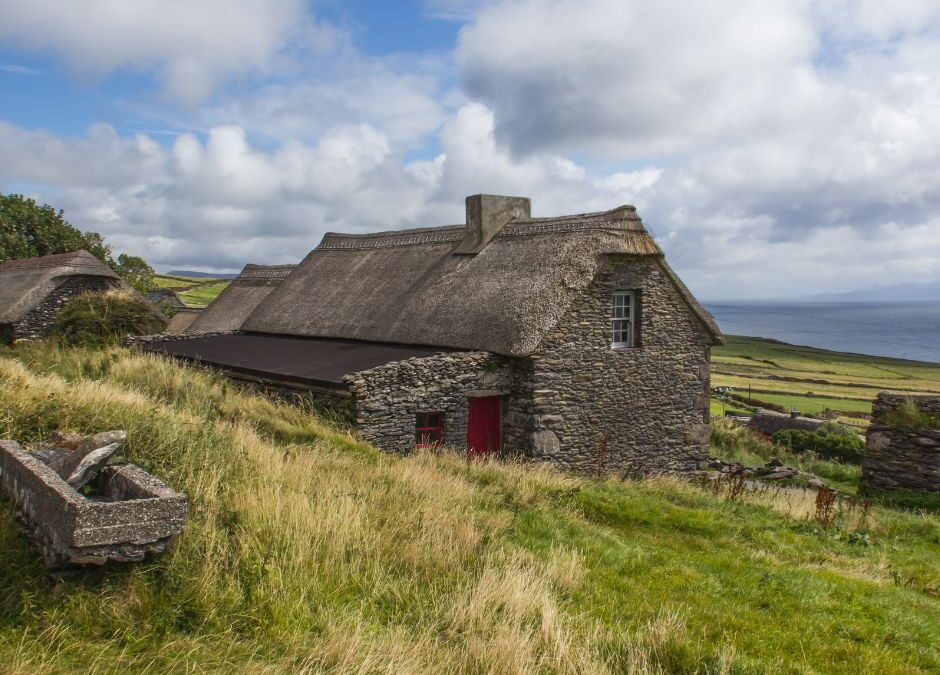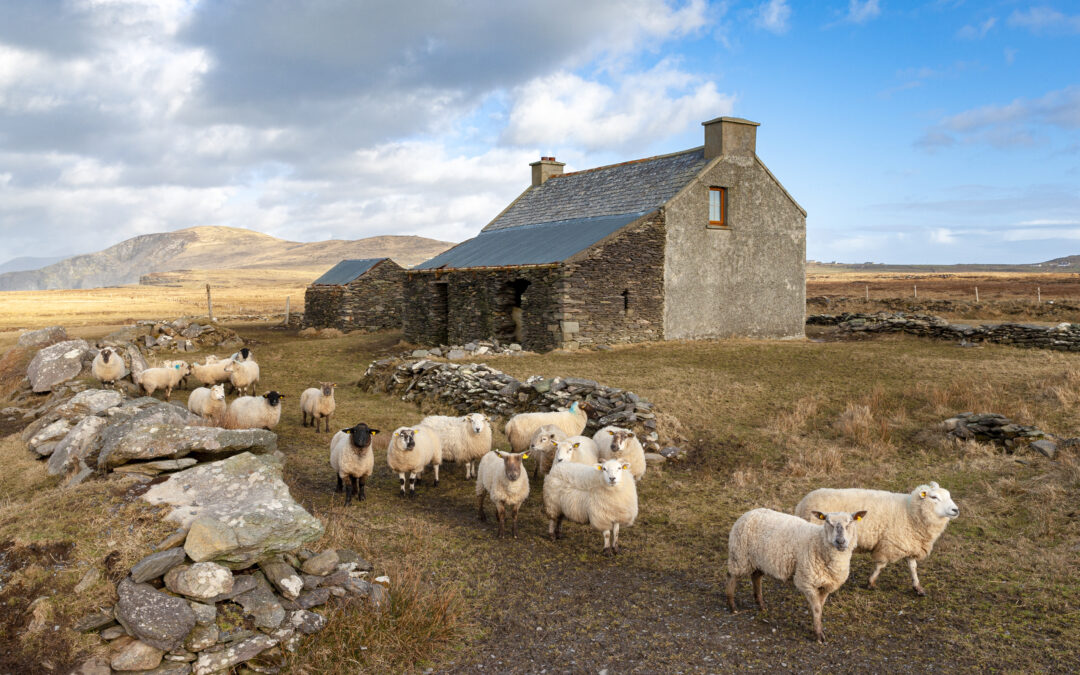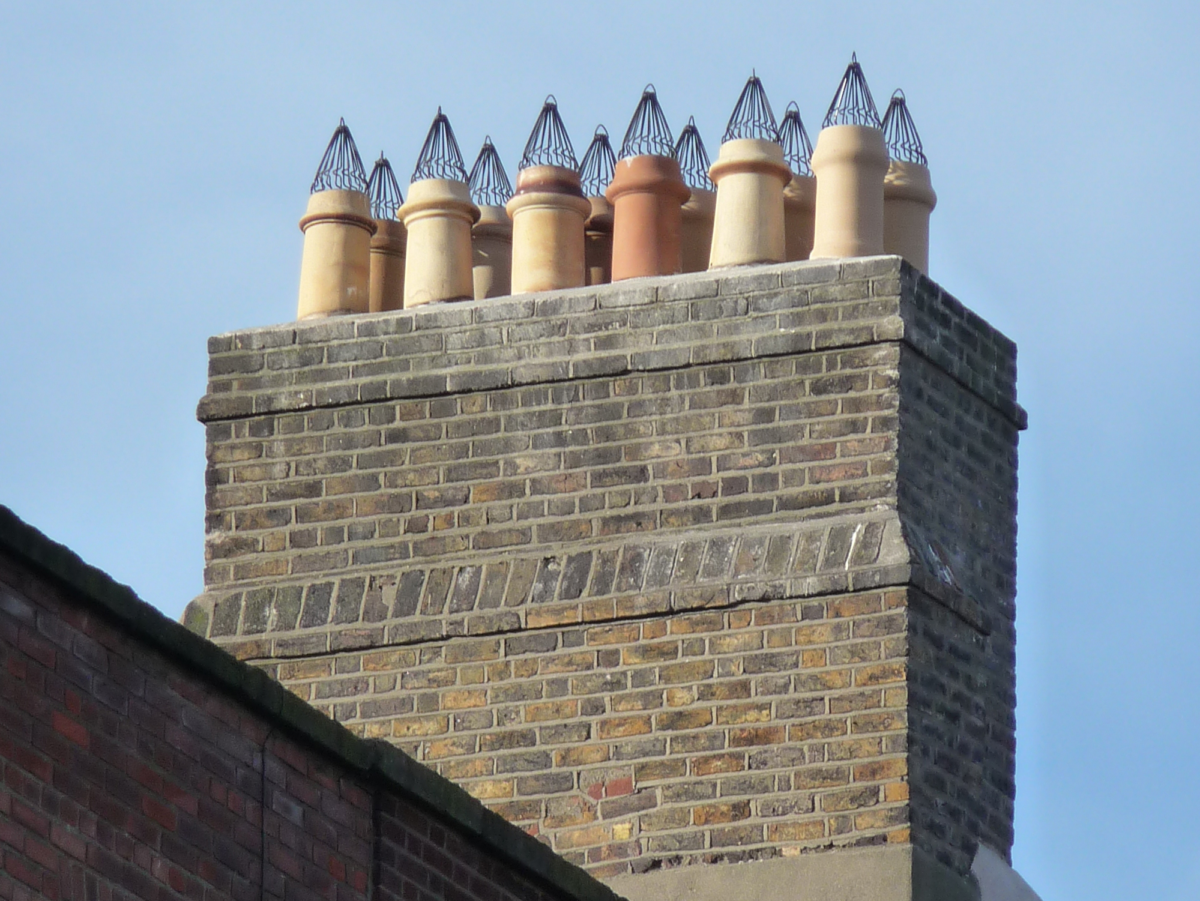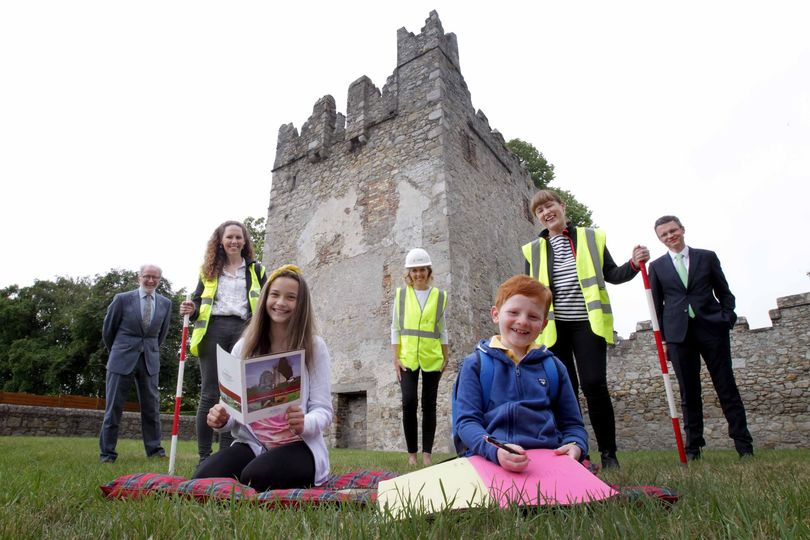
by Barbara Killeen | Mar 12, 2025 | countryside, Grants, Heritage, Rural Development
Grants of up to €5,000 available to cover expert conservation advice Scheme aimed at those availing of or considering the Vacant Property Refurbishment Grant Minister of State for Nature, Heritage and Biodiversity, Christopher O’Sullivan, has today opened applications...

by Barbara Killeen | Nov 3, 2023 | Grants, Heritage
Malcolm Noonan TD, Minister of State for Nature, Heritage and Electoral Reform at the Department of Housing, Local Government and Heritage, today (2 November 2023) launched the Built Heritage Investment Scheme (BHIS) and the Historic Structures Fund (HSF) for...

by Barbara Killeen | Jul 21, 2021 | Heritage
Minister of State for Heritage and Electoral Reform, Malcolm Noonan, TD, has launched a public consultation on draft guidance for upgrading the energy efficiency of traditional buildings. The Department of Housing, Local Government and Heritage is preparing this...

by Barbara Killeen | Jul 14, 2021 | Heritage
From ringforts to round towers, public asked to Protect Our Past amidst rise in damage to heritage sites Campaign will raise awareness of Ireland’s precious heritage sites and remind people to take extra care as they explore this summer Recent evidence of graffiti and...





